On Friday, 3 October 2025, in Cesenatico, Italy the NET REBORN project was officially presented, promoted by Fondazione Cetacea, Sea The Change, and the Cooperativa Casa del Pescatore, with the support of Coopservice and Servizi Italia.
The goal is simple and concrete: to replace traditional polystyrene fish crates with durable, reusable crates, significantly reducing the dispersion of micro- and nanoplastics into the sea and promoting a circular economy model.
The press conference will be held at 10:00 a.m. at the Cooperativa Casa del Pescatore (Viale G. e Sebastiano Caboto, 11). In addition to contributions from the project’s promoters, remarks are scheduled from Deputy Mayor Lorena Fantozzi and Piergiorgio Vasi, Project Manager for the Emilia-Romagna Region’s fisheries division. Afterwards, at the Fish Market, fishers will receive the new reusable crates, marking a concrete first step toward the transition.
An urgent problem: polystyrene in the sea
Polystyrene, commonly used for fish crates, is among the most harmful materials for marine ecosystems. Highly prone to fragmentation, under sunlight and weathering it rapidly degrades into millions of micro- and nanoplastics.
A study published on ScienceDirect (2024) shows that a single square centimeter of polystyrene, after one month of sun exposure, can release up to 67 million micro- and nanoplastics.
These fragments enter the food chain and, consequently, end up on our tables. As early as 2017, the UN estimated the presence of 51 trillion microplastics in the world’s seas—500 times more than the stars in the Milky Way.
NET REBORN: a model for the future
With NET REBORN, Sea The Change and Fondazione Cetacea have launched a pathway that begins with the “adoption” of a fishers’ cooperative, in which polystyrene crates are replaced by durable, reusable ones.
This choice reduces pollution, encourages reuse, and delivers both environmental and economic benefits—becoming a model that can be replicated in other ports and regions.
The participation of Coopservice and Servizi Italia confirms the project’s strategic value and the importance of building a network: the two companies have chosen to adopt a fishers’ cooperative by financing the replacement of polystyrene crates with durable plastic crates, demonstrating how sustainability can translate into concrete, measurable actions.
The project is designed to create a lasting relationship between companies and local fishers’ cooperatives. For the coming year, the goal is to support the recovery and recycling of fishing nets by providing fishers with the tools they need to do so.








